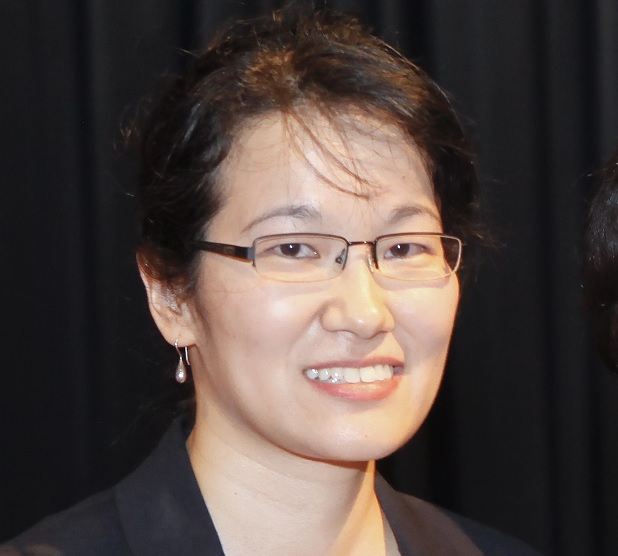
PROJECT SUMMARY:
Dystonia is a disabling neurological condition that is relatively common. Primary dystonia has a prevalence of greater that 3/1000 people. This extrapolates to 70.000 people in Australia. Dystonia secondary to other neurological disease such as stroke or neurodegenerative disease is probably even more common. Patients with dystonia suffer involuntary muscles spasms that typically occur during attempted activity, and interfere with function. Onset can be at any age, and therefore dystonia often results in significant physical and social losses. A limited understanding of its cause restricts the current treatment of dystonia.
There are two main controls of human movement. There is posture, which is like the crane portion of the cherry picker. Then there’s fine motor movement, which is the part of the cherry picker that picks cherries. Recent animal studies found a separate system of brain cells that control posture in the movement part of the brain. Our project propose that dystonia is due to abnormality in this area of the brain, leading to abnormal postures and relatively preserved fine motor movement. We will use techniques like surface muscle electrode recordings, magnetic stimulation recordings and functional brain imaging to examine patients with dystonia compared to normal subjects. We want to see if during postural control tasks, patients with dystonia have increased muscle and brain activity, compared to fine motor movements. We measure if previously proven therapies for dystonia like botulinum toxin can reduce excess muscle and brain activity during posture control tasks. We hope by understanding the cause of dystonia better, we can produce more effective and long lasting treatment for this condition.



 The Brain Foundation is the largest, independent funder of brain and spinal injury research in Australia. We believe research is the pathway to recovery.
The Brain Foundation is the largest, independent funder of brain and spinal injury research in Australia. We believe research is the pathway to recovery.